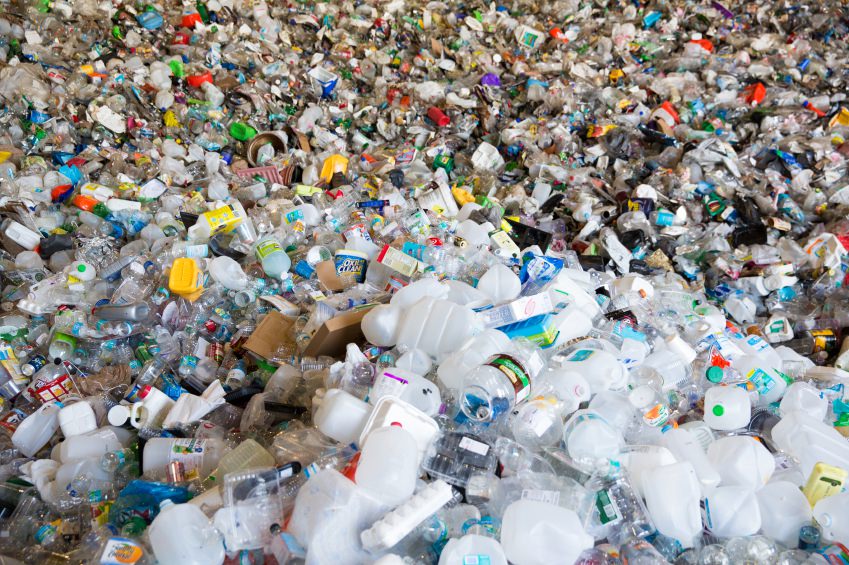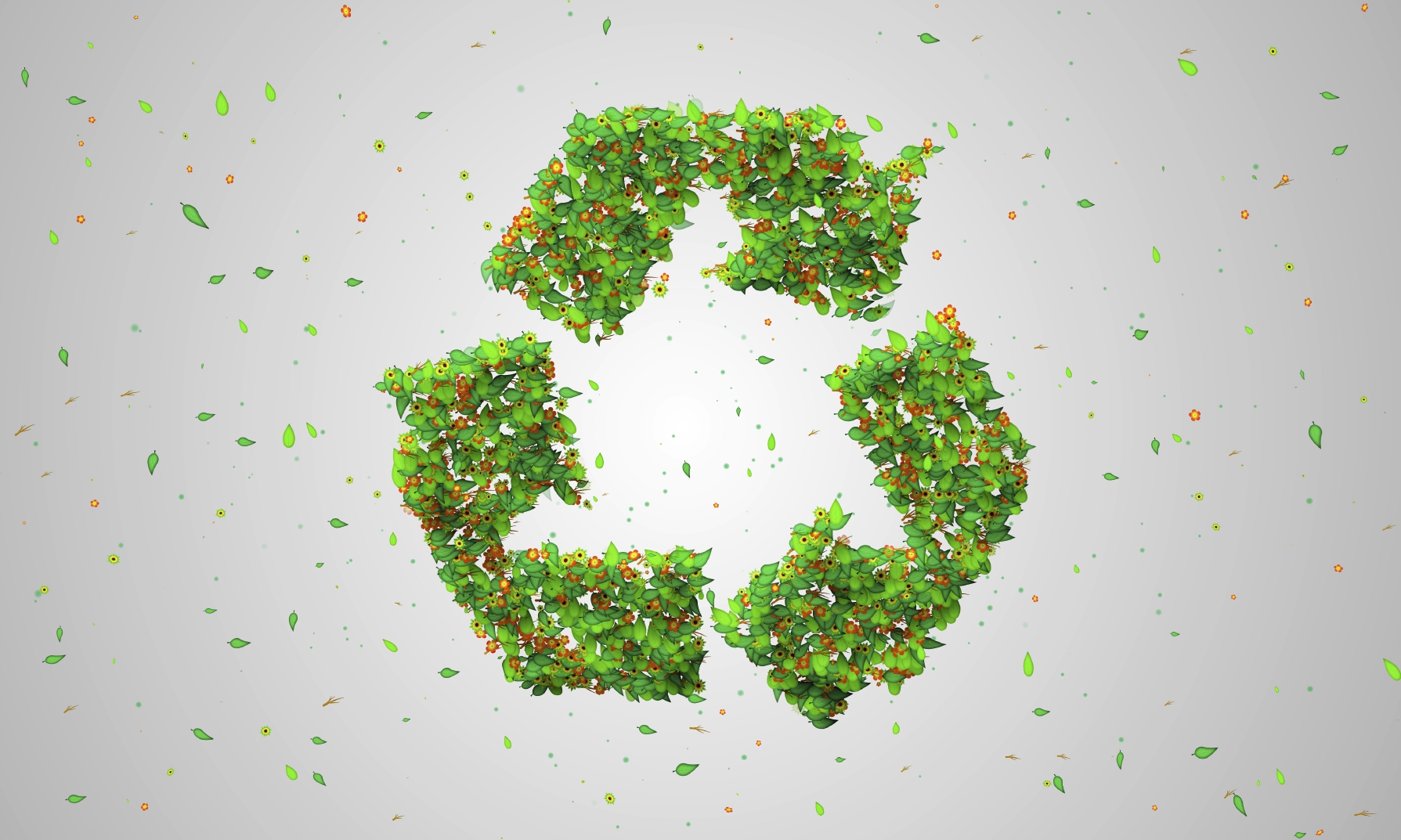Plastic waste is a huge problem, not just in the UK but worldwide as well. It is estimated that 12.7 million tonnes of plastic ends up in the oceans each year. From Cornish beaches to the uninhabited Pacific Islands, plastic is travelling on ocean currents to turn up in every corner of the globe.
Unlike metal, plastic is much trickier to recycle due to its varying types, composition and the fact that not all UK councils collect every kind of plastic. The technology exists to recycle most kinds of plastic, but economic and logistical factors mean that a lot of plastic doesn’t end up getting recycled. It also doesn’t help that recycling can be needlessly confusing for most consumers, with different codes and symbols used to indicate plastic types that many people may not know how to identify from look alone.
What does the future of plastic recycling look like for the UK? And will it be enough to cope with the growing plastic problem?
What Does Plastic Recycling Look Like Currently?
As it stands, the UK is not advancing enough in recycling its plastic waste to cope with the sheer amount it’s producing. 99% of local authorities collect plastic bottles in the UK, but only 59% of them are recovered; 79% of local authorities collect plastic pots, tubs and trays, but a measly 33% of them are recycled. However, compared to previous years, the UK is improving; back in 2000, only 13,000 tonnes of plastic bottles were recycled, where the country now recycles over 350,000 tonnes a year.
UK councils choose which plastics to collect based on the cost at which they can sell the collected material and what specific materials nearby recycling facilities can process. The most common kinds of plastic recycled are PET plastics – identified by plastic code one – and covers items such as drinks bottles and fruit punnets, and HDPE – identified by plastic code two – which covers items such as milk bottles. Plastic codes three through seven are not typically collected by any UK council, and it is these plastics that are causing significant issues.
The UK currently exports some of its plastic waste for recycling abroad as it does not have the capacity to recycle all of the plastic it produces. However, with Malaysia – the main destination for British plastic – recently announcing it would be sending plastic waste back to the UK in a move to avoid becoming a “dumping ground for rich nations”, the UK needs to work to find a better solution that involves dealing with the plastic problem at home.
The UK Strives to Improve
A new government initiative is striving to change the way the UK recycles its plastic waste over the next four years. A big problem with plastic recycling is not just consumers being confused and uncertain about plastic types, but the machines used to recycle plastic not being able to identify plastic types. To improve on this, FMCG giant Procter and Gamble (P&G) is leading an industry-wide project to develop tracers and watermarks such as fluorescent pigments that are only visible under UV light, which would allow recycling machinery to identify each piece of plastic and sort it accordingly. If standardised across the industry, its success would be a big step towards recycling the majority of plastics.
The UK Government is also consulting on taxing manufacturers that use plastic packaging unless it’s made from at least 30% recycled material. Under the new Resources and Waste Strategy, businesses and manufacturers will pay the full cost of recycling or disposing of their packaging waste.
Some companies, such as P&G, have already taken the changes on board, signing up to the UK Plastic Pact along with 41 other businesses. These businesses are responsible for over 80% of the plastic packaging on products sold through UK supermarkets; the pact aims to:
- Eliminate problematic or unnecessary single-use plastic packaging through redesign, innovation or alternative (re-use) delivery models.
- Ensure 100% of plastic packaging is reusable, recyclable or compostable
- Make sure 70% of plastic packaging is effectively recycled or composted
- Have 30% average recycled content across all plastic packaging
There is also a move to make recycling labelling as straightforward as possible for consumers. If this infrastructure succeeds, consumers will be able to put all plastics in the recycling bin and be confident that it will be handled correctly. These changes are expected to come into effect by 2025.
Plastic Recycling in End of Life Vehicles
Over one million vehicles reach their end of life in the UK each year. Most vehicles are taken to shredders for separating the materials, which includes various plastics. Plastics from these vehicles can be recycled back into components for new vehicles or a range of other products.
At Morecambe Metals, we offer vehicle recycling services for the depollution of end of life vehicles that meet current legislative standards. Our comprehensive end of life vehicle recycling service is thorough, effective and eco-friendly. Our unique vehicle depollution process also ensures that all salvageable parts of the ELV are recycled or reused, making our services far more environmentally friendly than many of our competitors. Contact us today to find out how we can help you scrap your vehicle.




